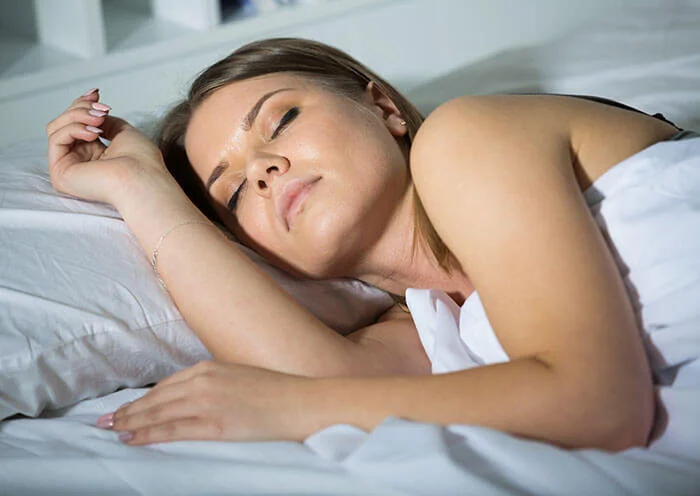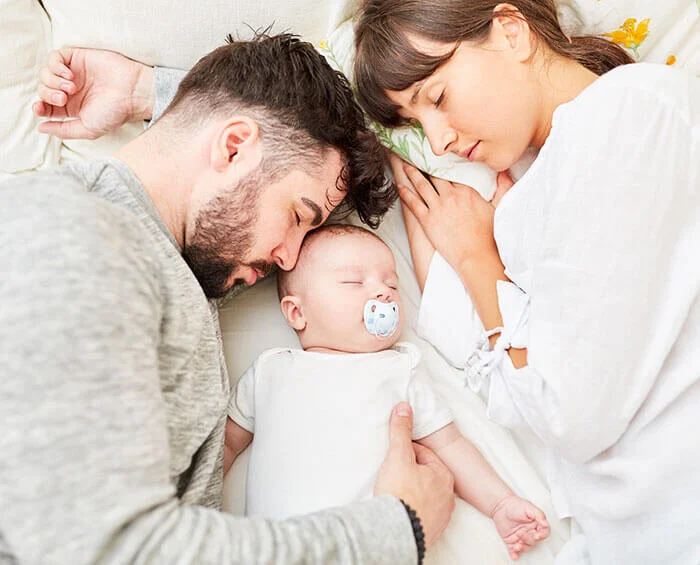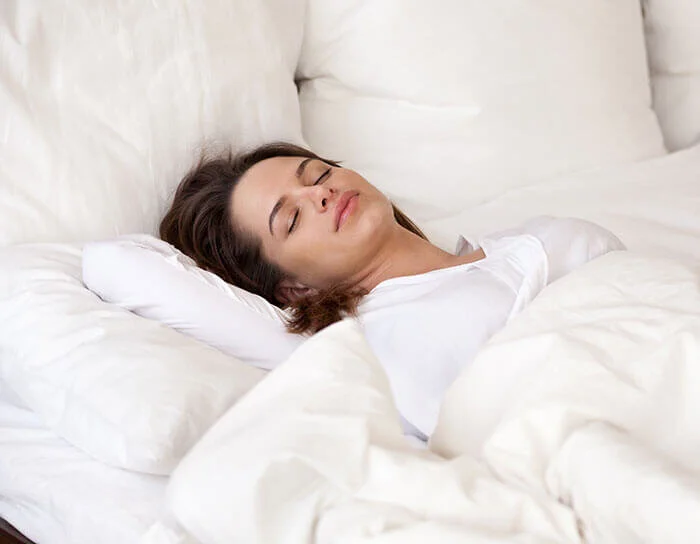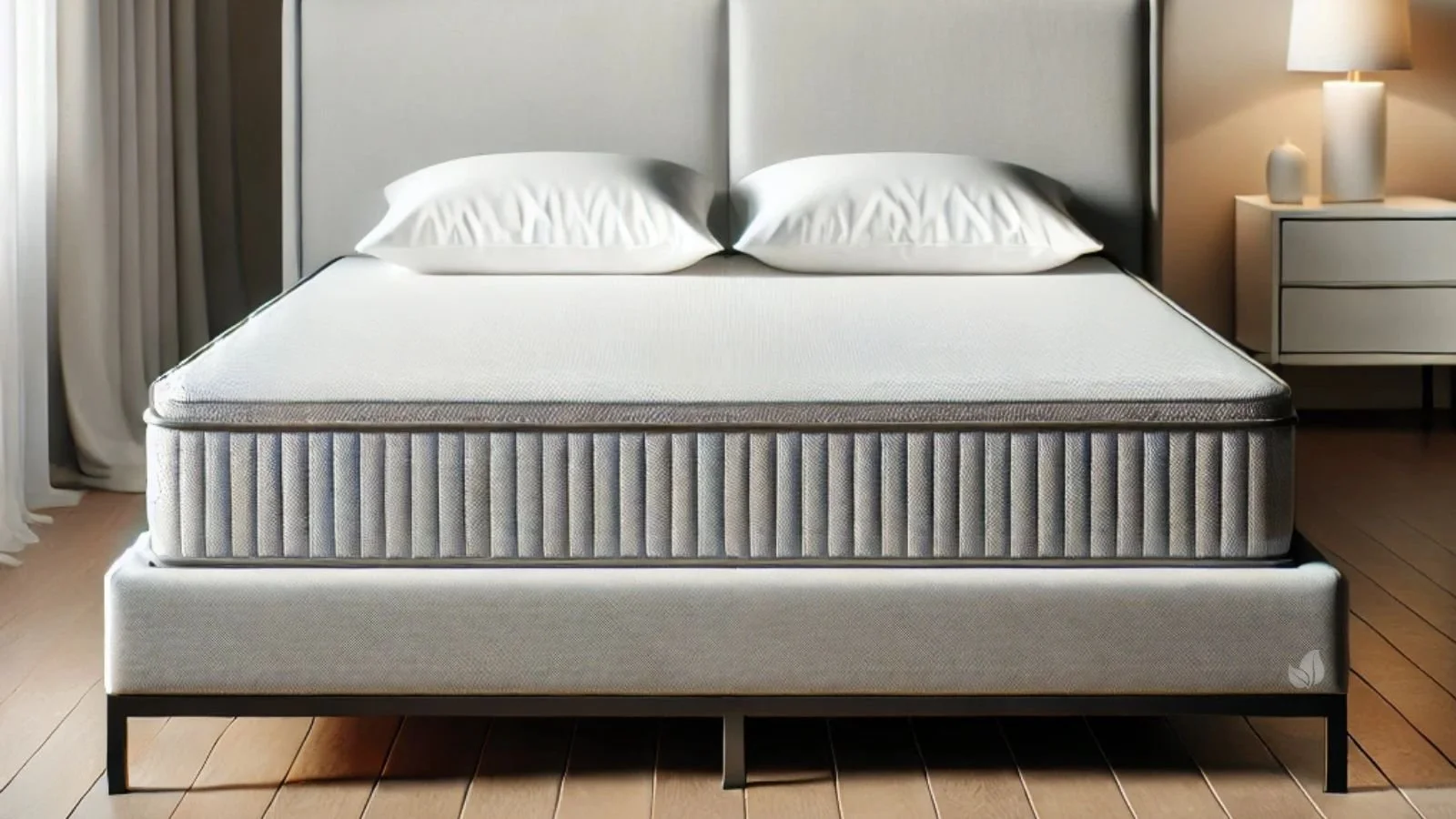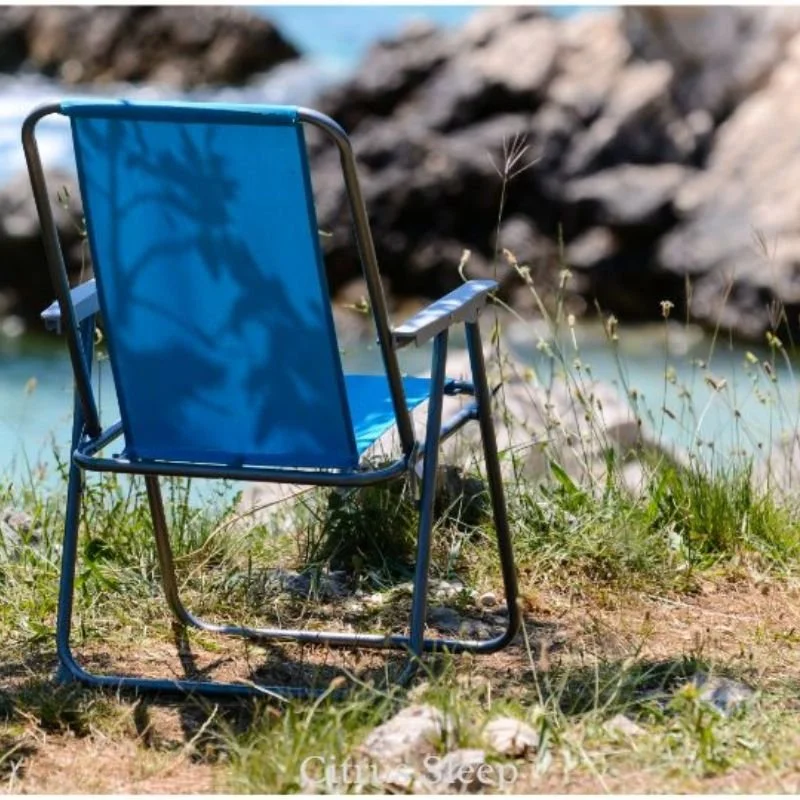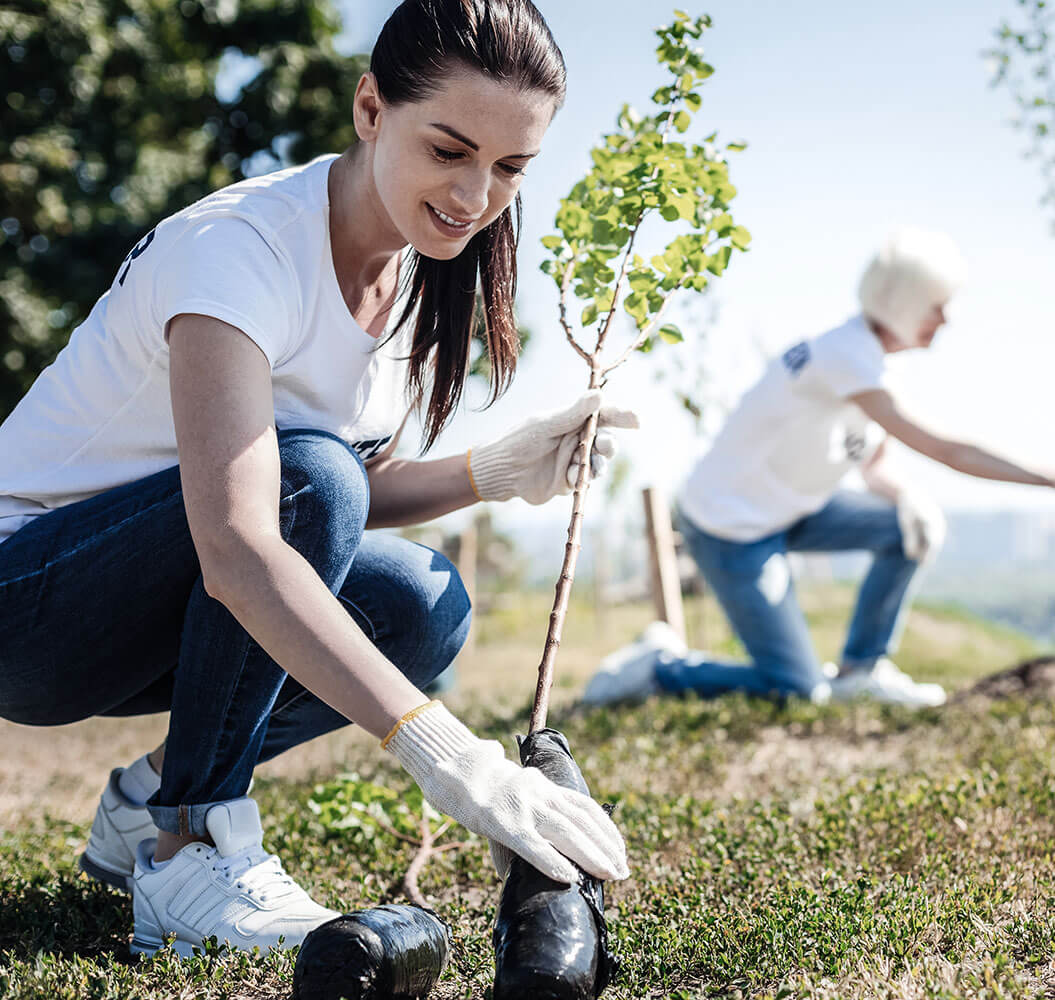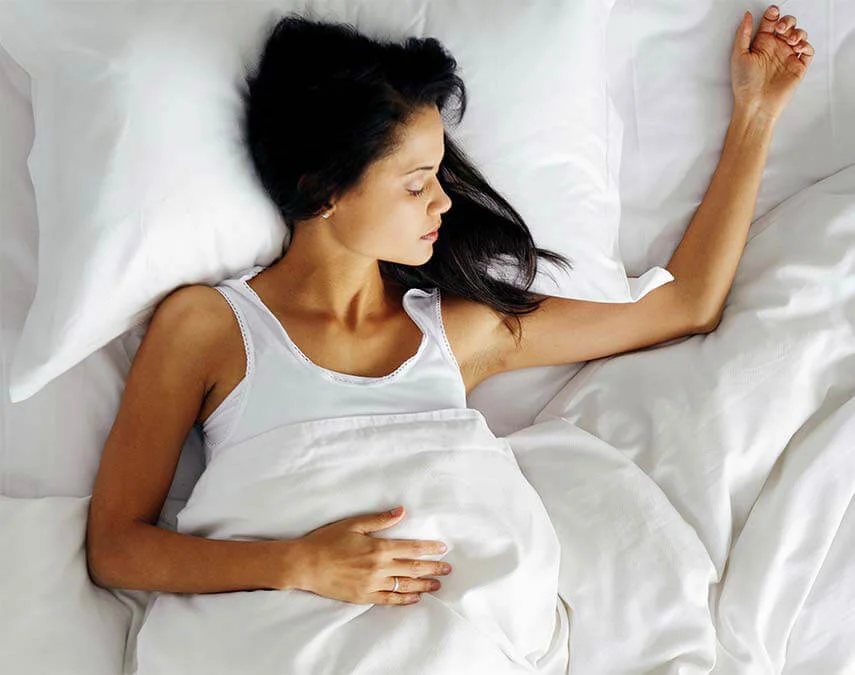Vacation Sleep
Vacations: The Perfect Opportunity to Fix Your Sleep Schedule
As summer approaches, many people are gearing up for exciting travel adventures. When exploring a new destination, it’s easy to prioritize sightseeing and activities over relaxation. However, vacations can actually be the ideal time to reset your sleep schedule and prioritize rest.
While adjusting to a new time zone and dealing with jet lag might pose a challenge initially, vacations offer a unique chance to decompress and form healthier sleep habits.
Stepping away from work and digital distractions allows you to create a more peaceful bedtime routine. Studies even suggest that sleeping in a new bed can help reduce stress and encourage better sleep quality.
With a lighter schedule and fewer daily obligations, vacations provide the perfect recipe for catching up on rest. So, if you’re planning a getaway, consider using this time to prioritize your sleep—or even plan a dedicated sleep vacation to fully recharge and rejuvenate.
Find Your Schedule
Sleep Tips: Find Your Sleep Schedule During Vacation
The key to a good night’s sleep is to follow your body’s natural circadian rhythm. Of course, this isn’t always doable as people who are natural night owls will generally struggle to get up for work than early risers. Still, it’s a good idea to let your body guide the way during vacation.
The first thing you should do is to turn off the alarm clock in order to figure out how much sleep you need. In the beginning you’ll probably sleep in a bit, but after a couple of days, your body will adjust and you’ll start sleeping a more consistent amount of hours.
The trick is to keep track of the total amount of sleep you get. In general, you should count from when you go to bed to your wake up time. Tally the results and then average the hours out to get an idea of how much sleep your body needs on a regular basis.
One of the best ways to accurately keep track of your sleep is to go to bed at the same time every day. That way, you only need to keep track of when you wake up. Plus, your body will fall asleep more easily if you have a consistent bedtime.
Speaking of which, now is the time to move your bedtime up if you’ve been going to bed late when not on vacation. You should try to make the change gradually. The first thing you should do is turn off all electronics about 30 minutes to an hour before you plan on going to bed. After that, move your bedtime forward by about 15 minutes.
After a couple of days, move it up 30 minutes and so on. Keep moving your bedtime earlier until you find a pattern where you wake up feeling refreshed. Now comes the important part - stick with it! Your body craves routine, especially when it comes to sleep. While going to bed 15 or 20 minutes later than your normal time isn’t the end of the world, if you vary your sleep schedule wildly from day to day, you’ll never feel rested.
Speaking of, no you cannot make up sleep debt. While sleeping a few extra hours can help you feel rested, you cannot erase the months or years of poor sleep quality. Plus, sleeping in can make it harder to fall asleep at night, thus perpetuating the cycle.
Relaxation Techniques
For a lot of people, sleep deprivation has become their way of life. Around 10 to 30 percent of adults live with chronic insomnia. Many more will suffer from occasional insomnia. There are many reasons for insomnia including certain medications and mental health disorders. However, one of the most common causes is stress.
Sleep Tips: Try To Destress and Relax During Vacation
Stress provokes a variety of reactions in the body that make it difficult to sleep. The stress can come from work, school, relationships, finances, and more.
When you’re stressed, your heart rate shoots up, your breath quickens, your blood pressure rises, and your muscles tighten. Not to mention your brain seems to be thinking a mile-a-minute going over all the worst-case scenarios and/or looping all of your negative thoughts.
As you might expect, your body needs to be in the exact opposite state in order to sleep. However, it’s getting harder to relax nowadays due to a variety of circumstances including more demands at work, the 24 hour news cycle, and social media.
All is not lost. There are many ways you can activate your body’s relaxation response. You can try out a variety of techniques and choose the one that works best for you.
Vacations are a perfect time to figure out what works best for you as you have the time and capacity to notice your body’s response. The techniques below all help lower your heart rate and blood pressure as well as create a sense of well-being. Remember, these techniques take some practice and work best when you do them everyday instead of once or twice. These techniques should also be used in conjunction with improving your sleep hygiene such as maintaining a consistent sleep schedule and changing your daytime habits to promote sleep.
So what are these techniques? You can read them below. Make sure to try a few out and then see if you do any better when you combine your favorites together.
Breathing Exercises - one of the most effective relaxation techniques is breathing. Not the normal kind, but slow, deep breathing. It’s one of the most basic ways you can engage your body’s natural relaxation response. Start by taking 10 deep breaths and make sure to engage your diaphragm. If you’re not sure if you are breathing with your diaphragm, try this. Lay down on your bed and place one hand on your upper chest and another on your belly. If you are breathing through your diaphragm, your belly will push up against your hand and your chest will remain still.
Visualization Exercises - this technique relies on using mental images to create a sense of well-being. If you’ve done yoga, you probably have done a visualization exercise at the end of practice. You will often lay down and close your eyes, and take a few deep breaths. From there, you’ll bring attention to your feet to see if you notice any tension. If you do, you will visualize letting the tension go through your breath. When you’re ready to move on, you’ll move up the rest of your body and repeat the process, all while breathing deeply.
Progressive Muscle Relaxation - the idea behind this technique is that it’s hard to be tense when your muscles are relaxed. This takes a bit more preparation than the other two as you’ll want to write down all of the muscle groups (or make a recording of yourself saying each one). The muscle groups are: hands, wrists and forearms, biceps, shoulders, forehead, around the eyes and nose, cheeks and jaw, around the mouth, back of the neck, front of the neck, chest, back, stomach, hips and buttocks, thighs, and lower legs.
Sleep Tips: Have You Tried Meditation During Vacation For Better Quality Sleep?
Once you’re ready, lie down and then breathe in and tense the first group of muscles for 5-10 seconds then breathe out and relax the groups. Stay relaxed for 10 seconds and move on to the other groups and repeat.
Meditation - meditation is a great way to calm your mind if you have racing and/or intrusive thoughts keeping you up. While you generally practice meditation sitting up, you can do it lying down as well.
The point is to get comfortable. After that, start focusing your mind on your breath and just notice it. Where do you feel it the most? In your belly? In your nose? Keep your attention on your inhale and exhale for about five to ten minutes.
Don’t worry if your mind wanders. If it does, just guide it back to your breath gently. This should start putting your mind and body at ease. It’s also a great technique to practice during the day to keep you centered.
The Mattress
There’s a myth that all hotels have super premium mattresses and that’s why everyone sleeps better when they’re on the road. Unfortunately, that’s not the case and many hotels have mediocre beds at best. With that said, there are some hotels that do offer excellent options. You can check yourself to see if what you’re getting is a high-quality mattress.
First, check the stitching to see if it’s clean and consistent. After that, take a look at the padding of the mattress to check its thickness. The thinner it is, the lower quality it is. Finally, sit on the edge of your mattress. Do you feel comfortable or like you’re about to fall off?
Most hotel chains tend to use average mattresses so it probably won’t feel any different than your home mattress. However, if you’re really feeling a difference and you’re much more comfortable in the hotel bed, it might be time to buy a new mattress.
You don’t have to buy the exact same bed, but you should consider your needs and try to compare and contrast the difference between your mattress and the one at the hotel. Is your’s softer or harder? Is it a plain mattress or memory foam?
All of these can help you narrow down the type of mattress that best suits your needs. From there, it’s about testing them out and finding the one that fits your budget and room.
The Bedroom
Probably one of the biggest reasons why many people sleep better in hotels isn’t because of the mattress, but the actual bedroom environment. For insomniacs, changing up the bed and room can blunt the worry that contributes to sleeplessness. Since the mattress and sheets are different, you won’t associate it with staying awake like you do at home.
There’s also fewer distractions and clutter in a hotel room, something you probably don’t have at your house. As well, many hotel rooms allow you to enjoy almost pitch-black darkness and silence. You can easily cover the windows with blinds to prevent any outdoor light from leaking in - leading to a better night’s sleep.
Sleep Tips: The Bedroom Is Key To Quality Sleep While On Vacation
While you can’t simulate a hotel room 100 percent, you can take a few pages from their book to induce a better sleep environment at home. It might come as a no-brainer, but you want to keep your bedroom dark.
Artificial lights from lampposts and passing cars can disrupt your sleep cycle as it suppresses melatonin release, making it harder to go to sleep. Invest in some blackout curtains and cover up products that have a glowing LED light.
If you’re worried about finding the bathroom in the dark, invest in motion-activated night lights. If all else fails, get a sleep mask to cover your eyes. Invest in a good pair that has a fitted band and breathable fabric like cotton, silk, or rayon.
Sounds are another big issue when it comes to falling asleep. From televisions to neighbors to snorers noise can affect your deep sleep cycle even if you don’t remember waking up.
If you live in a noisy environment, you can invest in a white noise machine to block it out or wear earplugs. You generally want to avoid playing music your brain might strain to listen to lyrics or the melody, leading to some auditory clutter.
Speaking of clutter, you’ll want to get rid of physical clutter from your space. While it might not seem like a big deal, a cluttered space can distract you and keep you from feeling relaxed. Just spend a couple minutes everyday straightening up the bedroom. This also means completely removing triggering stressors like bills, office/schoolwork, and other papers to a different location.
Keep clothes in drawers or in the hamper if dirty. Things like dirty dishes should immediately go to the kitchen and trash into the trash can. It might sound simple, but it’s effective.
The biggest change you can make is to remove all distractions from your bedroom. This includes your TV, laptop, phones, etc. Sure, it might feel relaxing to watch a show or maybe play a game before bed, but the motion, sound, and blue light all keep your mind stimulated. Limit electronic use to the living room or office and stop using all electronics 30 to 60 minutes before you want to sleep.
Naps
Naps aren’t just for kids. While there are studies out there that link napping to higher mortality, the truth is it’s generally fine. In fact, a nap can help improve brain functions ranging from memory to focus and creativity. Quick naps can also lower stress and recharge your willpower. They’ve also been linked to lower rates of cardiovascular disease and inflammation. However, all these benefits hinge on the fact that you’re getting a good night’s sleep already.
Sleep Tips: Try To Get A Few Naps In During The Day On Vacation
If you want to try out daytime napping, vacations are a great way to test out if you’d benefit from them or not and the length of time that works best for you. In general, 20 to 30 minutes is plenty for most people. However, up to 90 minutes can work for others.
Try out different lengths and see what works for you. If you’re just getting on the napping train, you can teach yourself how to do it. The trick is to keep the time short, around 15 minutes, in the beginning. This will prevent you from falling into deeper levels of sleep.
After that, you can start increasing the time as you see fit. Also, remember to keep this to the daytime. The best times to take a nap are around 12:30pm or around 2pm for best results.
Different Time Zones
If you’ve traveled to different time zones, you’ve probably experienced the dreaded jet lag. Depending on the time difference you might have to deal with it for a day or even two. Not only can this put a hamper on your vacation, it can also mess with your sleep schedule. In general, it takes around one day for each time zone crossed for your body to recover. While you can’t eliminate it altogether, you can lessen its effects.
Time Zones Can Also Play A Factor In Getting Quality Sleep On Vacation
If the trip is planned and longer than two days, you can start preparing for the time difference. For example, if you’re traveling east, you can start moving your bedtime earlier in the lead up. Shift it around 30 minutes earlier each night for a few nights before you leave.
If you’re traveling west, do the opposite. You can also move your mealtime closer to the time you’ll be taking it at your destination. This might not always be possible depending on where you’re traveling.
You should also use the time in the plane to start adjusting to your new schedule. Change your watch and try to sleep on the plane if it’s the night or stay awake if it’s daytime where you’re going. Don’t force it as this can cause frustration and stress.
Of course, you should take care to keep yourself healthy. That means drinking plenty of water, moving around before, during, and after the flight, and eating healthily as much as possible.
Avoid your normal food triggers such as caffeine or high carb foods before bed as this can disrupt your sleep. Just as you would at home, you also want to minimize distractions and follow a similar bedtime routine you have at home. Even if the timing is different, your body will sense these cues and start to prepare for sleep. So whatever routine you have, keep following it. If you’re reading a book before bed, bring it with you so you can keep the habit up.
If your trip is shorter than 2 days, there’s probably no reason to try and adjust your schedule as you’ll have to immediately go back to your old routine. Instead, focus on keeping your normal routine up as much as possible. It might not be ideal, but you’ll be able to get right back to your normal rhythm when you get back home. Of course, if you’re going on vacation, you should probably put aside at least 4-5 days to actually unwind, relax, and enjoy the area.
Enjoy Your Vacation and Follow A Healthy Sleep Schedule
Sleep is an important function in everyone’s life and while it might be tempting to cram as many activities as possible on vacation, you should take time to relax. When planning your vacation, focus on going to a coupe must-see locations a day and giving yourself time to breathe for the additional free time you have. When you don’t have to run around from 6am-11pm you’ll find vacations much more enjoyable.
Like you would at home, follow a sleep schedule so you’re not exhausted the entire vacation. In fact, vacations are a perfect time to adjust your regular sleep schedule as there are no distractions or pressing deadlines you need to worry about. Focus on readjusting your internal clock and use the vacation to figure out how much sleep you need and your perfect bedtime. From there, just sit back and relax!
Lisa Czachowski is a professional social blogger and has worked on several online publications including Citrus Sleep. Lisa is an experienced content writer and copyeditor. You will find many of her works throughout CitrusSleep.com that cover a wide array of subjects including sustainability, natural, sleep products, health, fashion and many more. She is passionate about what providing as much information as possible on products you bring in your home and what we wear.
Follow Lisa at Lisa Czachowski


